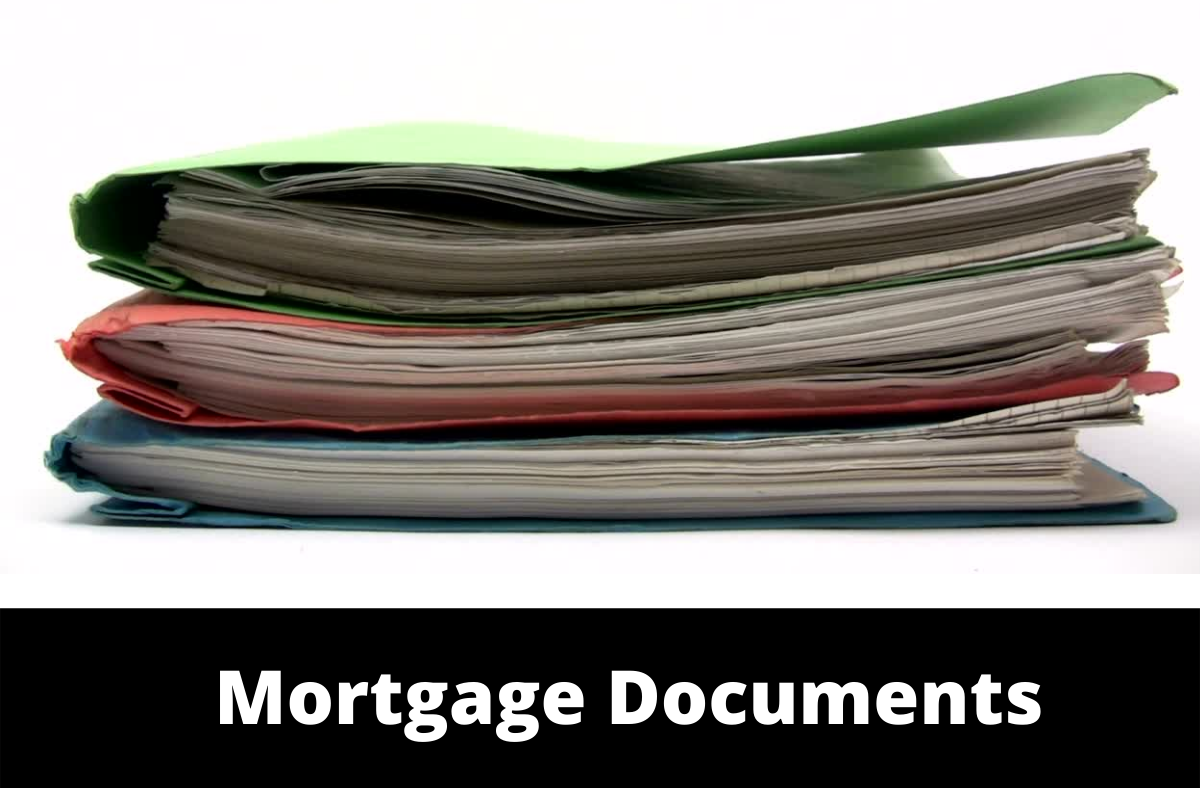Do You Want To Own A Second Home?

Build Wealth More Quickly
One of the first benefits of owning a second home is that you can build wealth more quickly. One of the major benefits of investing in real estate is that you can leverage the bank’s money to help you build wealth. Even though you may have only put down 20 percent, 100 percent of the property’s appreciation benefits you, as you own the home. If you own a second home, you can build wealth more quickly because you are doing this with two separate properties.
Enjoy Switching Up The Scenery
Many people like to own a second house because it allows them to switch up the scenery. If you live in the northeast, you may want to own a second home in the Southeast. If you live on the coast, you may want to purchase a second property in the mountains. That way, when you are ready for a change of weather or scenery, you can simply go to your second home.
Generate Another Income Stream
Owning a second home allows you to generate another income stream. When you are not using the house, you can rent it out to other people. Or, you might be interested in the stability of a long-term rental. This is something that you can discuss with a real estate professional.
Consider Owning A Second Home
In the end, there are numerous benefits that come with owning a second house. If you are looking for a way to diversify your investments, or if you are simply looking for a bit more flexibility, you should consider owning a second home as well. A professional can help you plan your finances accordingly, so you can put yourself in the best position possible to be successful.

 The traditional rule of thumb is that you should put down 20 percent of the cost of the house if you decide to become a homeowner. Unfortunately, the thought of saving 20 percent of the price of a home for a down payment can be daunting for people who are trying to buy a house for the first time. If you purchase a house worth $250,000, this means that you would have to save up $50,000 to put down. Fortunately, there are multiple down payment assistance programs that can make it easier for people to afford a home.
The traditional rule of thumb is that you should put down 20 percent of the cost of the house if you decide to become a homeowner. Unfortunately, the thought of saving 20 percent of the price of a home for a down payment can be daunting for people who are trying to buy a house for the first time. If you purchase a house worth $250,000, this means that you would have to save up $50,000 to put down. Fortunately, there are multiple down payment assistance programs that can make it easier for people to afford a home.  If you want to save money on your mortgage, you might think about refinancing. Before you can complete the refinancing process, there are several documents you need to have. Make sure you have all of these documents organized before you go through the refinancing process.
If you want to save money on your mortgage, you might think about refinancing. Before you can complete the refinancing process, there are several documents you need to have. Make sure you have all of these documents organized before you go through the refinancing process.